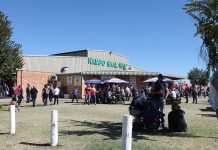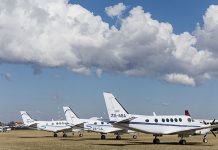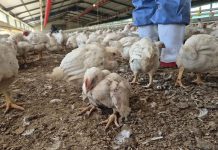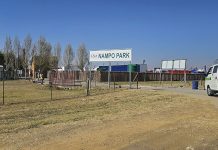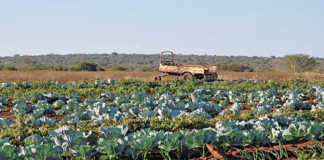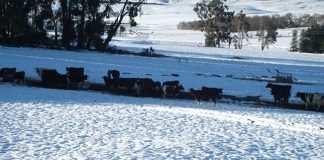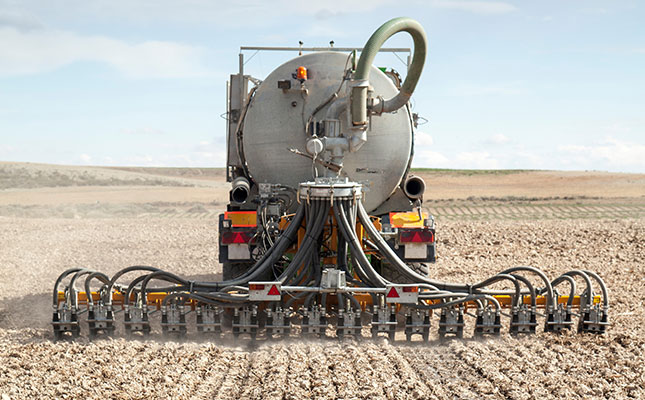
Photo: Getty Images
It is still uncertain how the lockdown for the coronavirus disease (COVID-19) pandemic and depreciation of the rand will impact farm input prices.
Dr Pieter Haumann, CEO of the Fertiliser Association of South Africa (Fertasa), said international prices of nitrogen fertiliser and chemical prices declined when oil prices fell from more than US$65/barrel (about R1 170,75/barrel) at the start of the year to below US$25/barrel (R450,29/barrel) in March. Prices had since fluctuated greatly in line with oil prices.
“It is hard to say what is going to happen with fertiliser prices. Fertiliser is seen as an essential [item], so the lockdown should not have a negative impact on production. Most companies also imported some of their requirements before the depreciation of the rand, and are therefore buffered against an escalation in prices for a part of the season,” Haumann said.
He added that nitrogen and potassium prices would be the most affected by the weak rand if problems with supply developed, whereas those of phosphates and potassium would likely remain relatively stable, since most of these were produced locally.
Prices were, however, based on import parity and could therefore increase accordingly.
“All potassium fertilisers in South Africa are imported, whereas nitrogen and phosphate fertilisers are locally manufactured as well as imported to a varying extent,” Haumann said.
The outlook for farm machinery prices was also uncertain.
Greg Cadman, chairperson of the South African Agricultural Machinery Association (SAAMA), said the COVID-19 lockdown regulations had resulted in the industry initially struggling to import certain machine parts and machinery, such as combine harvesters, for the first week of the lockdown until government approved these goods as essential.
SAAMA was also in negotiations with government to address challenges with the transportation of “abnormal machinery” for which permits could not be issued due to the closure of traffic departments.
According to the latest monthly tractor and machinery sales report released by SAAMA, March tractor sales of 433 units were down almost 28% compared with the 600 units sold in March last year.
On a year-to-date basis, tractor sales were 17% down. March combine harvester sales of 26 units were, however, four units more than the 22 units sold in March last year.
SAAMA said in the report that this was “not a healthy climate for the agricultural machinery industry”.
However, Cadman said sales could increase slightly once the lockdown was lifted, as farmers tried to take advantage of equipment stock prices on equipment already imported.
Demand would, however, be subdued thereafter because of an escalation in prices as a result of the depreciation of the rand, along with poor business confidence.


